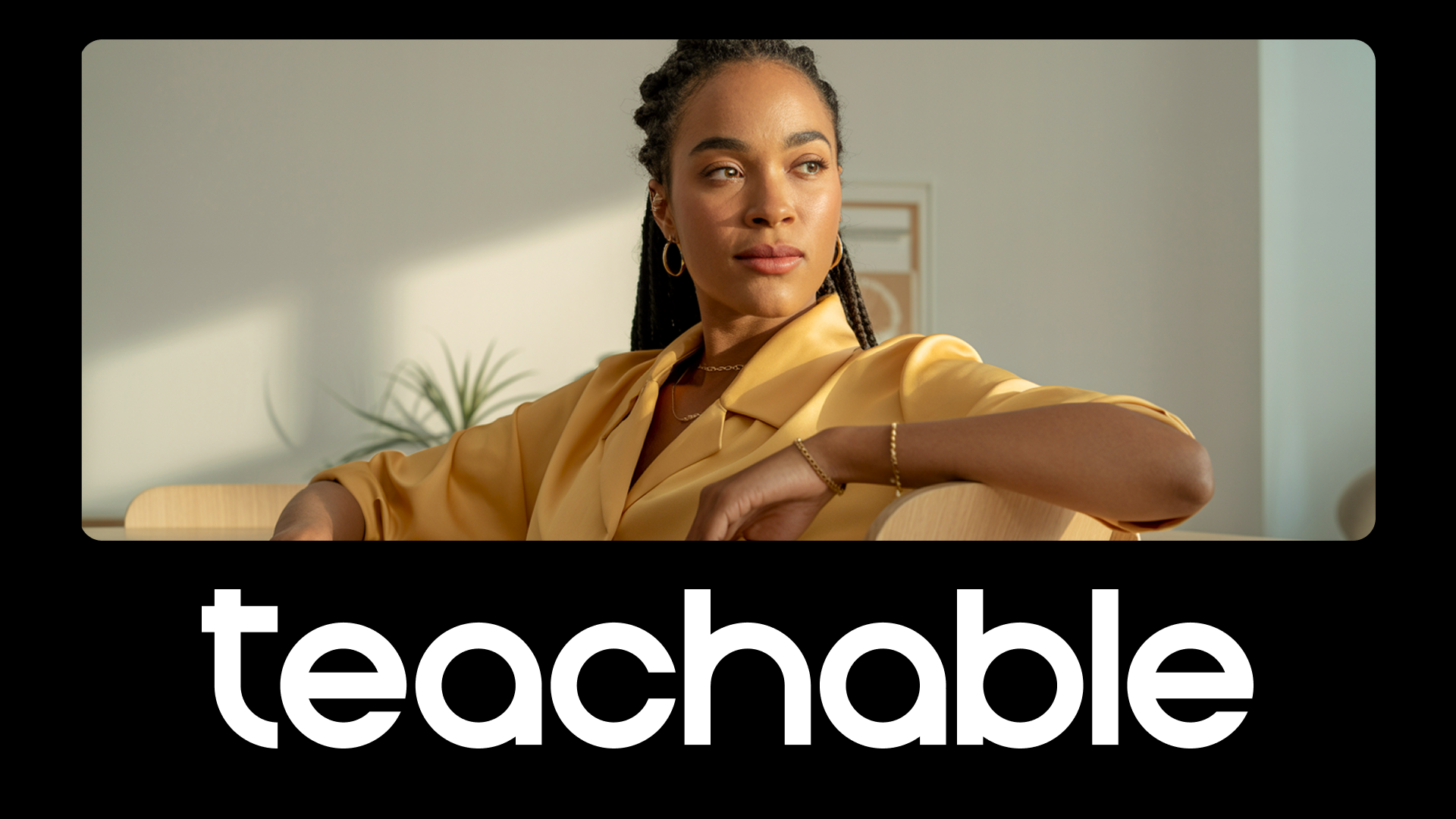The knowledge economy isn’t new, but the way small business owners and creators see themselves in it has certainly changed in recent years.
“Infopreneur” was initially coined by researcher H. Skip Weitzen in the 1980s. But the role of the infopreneur has changed and grown over time along with the leaps and bounds technology has made. Today there are more ways than ever for infopreneurs to earn money by sharing their knowledge. From selling online courses, digital products, and online coaching, to working on partnerships or affiliate sales on social media, the infopreneur is thriving.
Whether you recognize it or not, you might fall into the category of infopreneur. It’s a balanced blend of entrepreneur, online creator, and teacher without much of the risk that comes with starting a small business.
What is an infopreneur?
An infopreneur is exactly what it sounds like–an entrepreneur who makes money by selling their knowledge in a specific niche. If an entrepreneur sells lemonade then you could think of an infopreneur as selling the lemonade recipe.
One of the most famous infopreneurs of the modern era is Tony Robbins. Robbins sells his knowledge as a self-help coach to motivate people in the form of books, seminars, and coaching.
Similar to social media influencers who focus on specific topics, infopreneurs also focus on what they know. Whether that’s finance, an art form, yoga, baking, or anything else, it can be the specialty of an infopreneur. So, if you’re looking to become an infopreneur, the first step is to think about what you can start teaching others.
Take our quiz
Find out which digital product you should create first.
Making money: Influencer vs. infopreneur
One of the key differences between an influencer and an infopreneur is how they earn money. Influencers predominately rely on sponsored posts and partnerships for their income. Infopreneurs convert their knowledge into content they can monetize, like e-books, online courses, video tutorials, and even webinars and community membership.
Of course, it’s possible to make money as an infopreneur in the same ways that influencers do too. Some infopreneurs have sponsorships or offer exclusive content to subscribers, much like an influencer. However, many infopreneurs earn the bulk of their money outside the traditional influencer methods. Working outside of sponsorships and creator programs means infopreneurs can go algorithm free. They have control over the audience they’ve built and can interact with them on their own terms.
How to make money as an infopreneur
The ways to make money as an infopreneur are close to endless. But there are a few tried and true methods for creators to explore.
Ebooks and digital downloads
Ebooks and digital downloads are excellent ways to share knowledge while offering students a lower price point and lower commitment. The process of creating an ebook is very similar to writing a physical book, but it comes at a significantly lower cost. Sometimes, authors will partner with a traditional publisher, although, it’s not required. An ebook simply has to offer your students the knowledge they want to learn from you. If a whole ebook feels daunting, start with something smaller like a how-to guide, a template, or a worksheet instead.
Online courses
Another great method of earning money and sharing knowledge is through online courses. For those who have never created an online course, it can sound overwhelming at first. But you can start small by creating a mini course. We even have a course curriculum generator to help you get started.
Online coaching
Online courses provide flexibility and the option to learn anywhere at any time. But some people thrive in one-on-one settings that online coaching can offer. By having a good idea of what your audience prefers you can choose the right product to offer them.
Starting your infopreneur journey
Infopreneurs have a ton of options available to them to earn income and can utilize every social media platform that other content creators use. However, infopreneurs would also be wise to check out Linkedin as a content creator platform because, with its 930 million users, it’s a hub for people searching for information.
Join more than 150,000 creators who use Teachable to make a real impact and earn a real income.



%201%20(1)%20(1).png)
.png)


